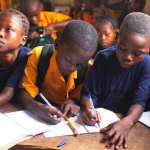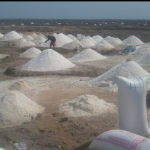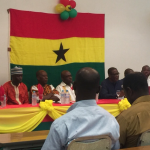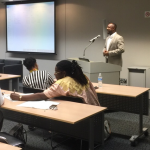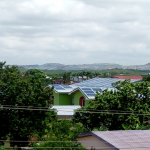LANGUAGES IN GHANA
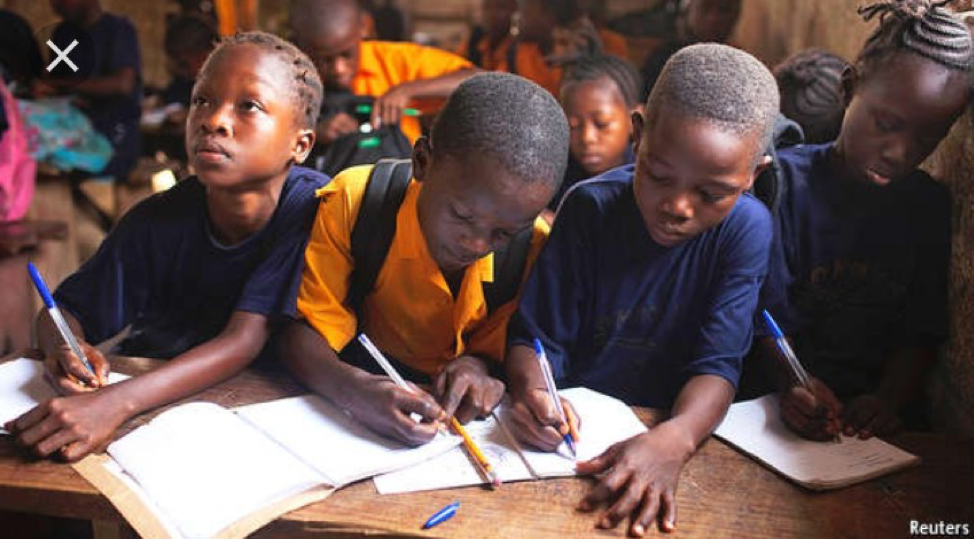
Communication is something that is key in our daily lives. Whether or not we want it, we find ourselves talking to something either verbally or non-verbal. One thing that makes it difficult to communicate is language barrier. Communication is only effective when the senders intended motive behind sending a particular message is perfectly understood by the receiver.
Language thus plays a very great role in communication. Ghana is a multi-lingual country. In Ghana there an estimated number of seventy -nine local languages. English is our official language. Some speak French though. Most of the languages are associated to particular tribes. These tribes are found in various regions across the country. Every region has a language which dominates. It’s important also to note that body language in one tribe would not have the same meaning as another. There are some languages that sound alike though not the same. Akan is widely spoken in the entire country. Akan comprises of; fante, Akuapim twi, Ashanti twi. There are basically nine government languages. These languages were used during the time when Ghanaian languages were used in primary education. Some are still being used whiles others are not. They include; Twi, Ewe, Dagbani, Dangme, Dagaare, Ga, Nzema, Kasem and Gonja.
The Greater Accra Region has Ga being the dominant language even though it is filled with people from all walks of life and tribes. Apart from Ga, Dangme is also spoken. It is similar to the Ga language. Ga can be written and so if you want to learn how to speak it but you don’t have any reference to look up to, no need to be scared. The only challenge would be that the letters you see may be pronounced differently.
In the central Region, Fante is the dominating language. You may find different kinds of the fante language at different parts of the region. We can have the “Cape Coast Fante, Agona Fante, Abura Fante, Assin Fante and Mankesssim Fante. They are almost the same except that some words would be said differently. A lot of the times its believed that the people who speak fante add English to it. Sometimes it’s not voluntary. I speak fante so I can relate. It’s not as the word you mention in English cannot be said in Fante. It does have a fante word but probably it’s easy to just say it in English than fante.
The people of the Western Region also speak another kind of Fante and Nzema. Their kind of Fante is a bit different from the Cape Coast Fante. The Nzema has words in it which can easily be understood by a Fante. Words like come can easily be understood because both in fante and Nzema. its “Bra”. Some people also speak Ahanta Fante. Like I said It’s also similar to the actual Fante. Towards the border, that is Elubo people speak Brosa.
The Ashanti region is dominated by speakers of Ashanti Twi. It’s one of the most common languages you can ever find in Ghana. It is spoken in and around Kumasi, the Capital town of the Ashanti Region. Ashanti twi is one that a lot of people easily learn. It would make your stay in Ghana rather simple. A lot of the times, having an idea of what to say in twi with regards to greeting and buying something or bargaining is very important. With this language you can find your way out easy. Most people may not be from this region but it’s easy to understand. The lay man person you meet in Ghana would be able to speak to twi if not fluently but at least it would be understood.
Eastern region is one region in the country which is dominated by the Akwapim. This region is noted for a cool environment and very cozy weather due to its mountainous surroundings. These group of people speak Akuapim Twi, this dominates. This is similar to twi because it has some words similar to twi. It may not be understood entirely by someone who speaks twi because some of the words may not be familiar. It’s easier for an Akuapim person to understand twi than for an Ashanti twi person to understand Akuapim. Some parts of the Eastern Region speak Ashanti twi.
The Brong-Ahafo Region is close to the
